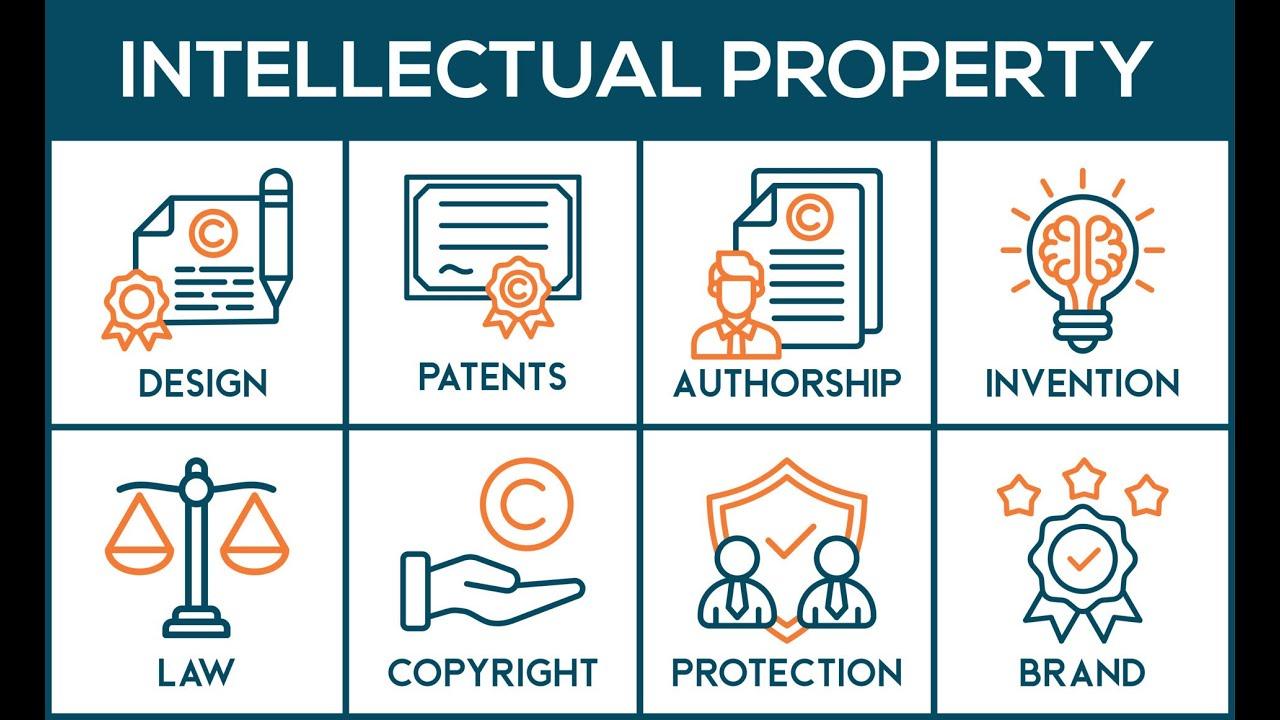
in the rapidly evolving landscape of digital marketing,YouTube influencers have emerged as powerful agents of change,wielding the ability to shape consumer perceptions and drive brand loyalty with just a few clicks.As businesses increasingly turn to these charismatic creators to amplify their messages, understanding the intricate legal framework that governs influencer partnerships has never been more crucial.From disclosure requirements to copyright considerations, navigating the laws surrounding YouTube influencer marketing can be a daunting task. In this article, we will explore the essential insights that can empower brands and influencers alike to engage in ethical collaborations while staying on the right side of the law. Whether you’re a seasoned marketer or a budding influencer, join us as we dissect the legal landscape of YouTube influencer marketing and uncover strategies for success in this dynamic realm.
Understanding the Legal Landscape of Influencer Marketing on YouTube
As influencer marketing continues to boom on platforms like YouTube, a clear understanding of the legal landscape is essential for both creators and brands.this realm is governed by a complex web of regulations that aim to protect consumers and ensure obvious advertising practices. Key regulations include the Federal Trade Commission (FTC) guidelines, which mandate that influencers must disclose any paid partnerships or sponsorships to maintain transparency. These disclosures should be clear and conspicuous, often presented in the video description or verbally during the content. Failing to comply can lead to significant repercussions,including hefty fines and damage to reputation.
Additionally, engaging in practices such as misleading endorsements or fake giveaways can breach consumer protection laws. Brands should also be aware of intellectual property rights when working with influencers to ensure that content shared doesn’t infringe on copyrights or trademarks. As part of a responsible partnership,it’s vital to draft contracts that outline essential elements such as:
| Contract Element | Description |
|---|---|
| Disclosure Requirements | Clear guidelines on how to disclose paid promotions |
| Content Ownership | Clarification on who owns the created content |
| Usage Rights | Agreements on how the brand can use the influencer’s content |
| Performance Metrics | Definition of success metrics for the campaign |

Best Practices for Compliance: Ensuring Transparency with Your Audience
Maintaining compliance in influencer marketing is not just a matter of following legal requirements; it’s also about fostering trust and credibility with your audience. Transparency plays a critical role in establishing this trust. To effectively communicate your message, consider the following strategies:
- Clearly disclose sponsored content: Always use clear language when identifying sponsored posts. Phrases like “paid partnership” or “sponsored by” should be easily visible to your audience.
- Utilize hashtags thoughtfully: Incorporate hashtags such as #ad or #sponsored in your social media posts, ensuring they are placed prominently within the content.
- Engage with your audience: After disclosing a partnership, respond to comments and questions. This not only shows your commitment to transparency but also creates an inclusive habitat for discussion.
Moreover, it’s vital to stay updated with evolving compliance regulations, as these can shift with new laws or platform policies. Consider creating a content calendar that incorporates compliance checks to ensure that all upcoming campaigns meet legal standards. you might find it helpful to establish a checklist, as below, to streamline your processes:
| Checklist Items | Status |
|---|---|
| Content Clearly Disclosed | ✔️ Complete |
| Hashtags Used Appropriately | ✔️ Complete |
| All Audience Questions Addressed | ✔️ In Progress |
By incorporating these best practices, you’ll not only comply with regulations but also create a more enjoyable and trusting experience for your audience.

Protecting Intellectual Property: Rights and Responsibilities for Creators
For creators operating in the digital space, understanding intellectual property (IP) is paramount. As an influencer on platforms like YouTube, the original content you produce—be it videos, graphics, or music—is your intellectual property, and safeguarding it should be a priority. This means being aware of your rights, such as the ability to control how your content is used and who can monetize it. Additionally, it’s critical to recognize that while you might own the content you create, certain agreements with brands, platforms, or collaborators can affect these rights. Familiarize yourself with licenses and permissions to ensure that your creations are protected, and work with legal experts to craft contracts that reflect your intentions clearly.
Equally critically important is your duty as a creator to respect the intellectual property of others. Engaging in influencer marketing often involves collaboration with brands that have identifiable trademarks or copyrighted materials. It’s essential to secure appropriate permissions before using another person’s work, whether it’s a snippet from a song or a brand logo. Failure to do so can lead to legal repercussions that not only jeopardize your reputation but also could result in significant financial penalties. Consider the following steps to maintain your integrity in content creation:
- Conduct thorough research on copyright laws and fair use to avoid unintentional infringement.
- Reach out for permissions when necessary and document all agreements.
- Employ content management tools to track usage of your IP and scan for unauthorized distributions.

Navigating Contracts and Partnerships: Key Considerations for Influencers and Brands
When engaging in influencer marketing, it’s essential for both brands and influencers to have a clear understanding of their contracts. Transparency is key—ensure that all expectations, deliverables, and timelines are explicitly outlined. This not only protects both parties but also builds a foundation of trust. Don’t overlook the significance of compliance with FTC guidelines, which require influencers to disclose their relationships with brands clearly. This can be done through tags such as “#ad” or “#sponsored,” ensuring that the audience is aware of paid partnerships.
Moreover, it’s beneficial to establish collaborative terms within the agreement to address potential challenges. Consider discussing the following aspects to avoid future conflicts:
- Content Ownership: Clarify who retains the rights to the created content, notably if the brand wishes to repurpose it.
- Performance Metrics: Specify how the success of the campaign will be measured, including KPIs such as engagement rates or sales conversions.
- Termination Clauses: Have provisions in place for early termination of the contract should either party not meet agreed-upon standards.
Closing Remarks
As we conclude our exploration of navigating the intricate web of laws governing YouTube influencer marketing, it’s clear that understanding these regulations is not just a legal necessity but a strategic advantage.The landscape of digital marketing is ever-evolving, and influencers hold a powerful position in shaping consumer behaviour. By equipping oneself with knowledge about disclosure requirements, copyright considerations, and platform-specific guidelines, creators and brands can foster authentic connections with their audiences while ensuring compliance.
In this dynamic environment, awareness and adaptability are key. Embracing transparency not only enhances credibility but also builds trust with followers. As we forge ahead into a future where influencer marketing continues to flourish, staying informed about legal nuances will empower both influencers and brands to navigate this realm with confidence and integrity.
Remember, the journey through this digital frontier is not merely about adhering to regulations; it’s about harnessing the power of creativity and connection responsibly. As you delve deeper into the world of influencer marketing,let the laws be your guiding light,illuminating the path to innovative collaborations that resonate deeply with your audience. Happy creating!